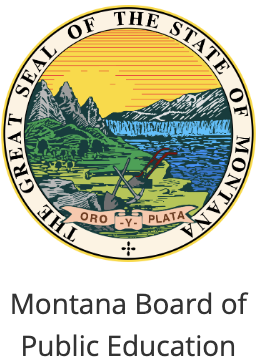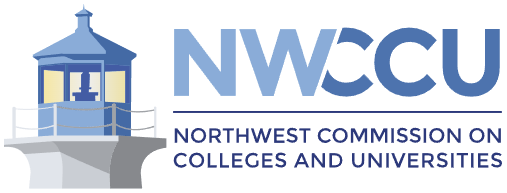EHHD_ED_GR_EdD_EDLD_PLAN_2016
Assessment Plan:
MSU Educational Leadership (Administration) Ed. D.
2016
Program Learning Outcomes
|
Our graduates will:
|
Curriculum Map
<add courses in curriculum, mark with I (introduce), D (develop), M (mastery) >
| Outcomes | |||||||||
| Cr | 1 | 2 | 3 | 4 | 5 | 6 | |||
| EDLD 610 Organizational Leadership | 3 | M | D | M | M | D | |||
| EDCI 602 ED Stats II | 3 | D | |||||||
| EDLD 630 Supervision and Instructional Leadership | 3 | M | M | M | D | M | D | ||
| EDLD 643 Leading Social Justice | 3 | M | M | M | M | ||||
| EDLD 657 Policy and Politics | 3 | M | M | M | M | ||||
| EDU 610 Qualitative Research | 3 | M | |||||||
| EDU 607 Quantitative Research | 3 | M | |||||||
| EDLD 620 The Supt. | 3 | D | M | ||||||
| EDLD 645 Personnel and Collective Bargain | 3 | M | M | M | |||||
| EDLD 655 MT Legal Policy Studies | 3 | M | M | M | |||||
| EDLD 690 Dissertation | 14+ | M | |||||||
Student Performance: Data Sources
<add courses in curriculum, indicate with an X where assessment data will be collected>
| Outcomes | |||||||||
| Cr | 1 | 2 | 3 | 4 | 5 | 6 | |||
| EDLD 643 | X | X | |||||||
| EDLD 630 | X | X | |||||||
| EDLD 610 | X | ||||||||
| EDLD 620 | X | ||||||||
| EDLD 690 | X | ||||||||
| EDLD 645 | x | X | |||||||
| EDLD 655 | X | X | |||||||
Response Threshold
At least 80% of students will be rated “Acceptable” or higher on every category of the scoring rubrics.
Schedules
Outcomes
| Year | ||||||||
| Outcome | 2011‐12 | 2012‐13 | 2013‐14 | 2014‐15 | 2015‐16 | 2016‐17 | ||
| 1 | X | X | ||||||
| 2 | X | X | ||||||
| 3 | X | X | ||||||
| 4 | X | X | ||||||
| 5 | X | X | ||||||
| 6 | X | X | ||||||
Assessment Plan Elements
A yearly exit review with Ed. D. graduates also provides qualitative data to help faculty review program content, delivery, and overall student satisfaction.
| Year | ||||||||
| Outcome | 2011‐12 | 2012‐13 | 2013‐14 | 2014‐15 | 2015‐16 | 2016‐17 | ||
| 1 | X | X | ||||||
| 2 | X | X | ||||||
| 3 | X | X | ||||||
| 4 | X | X | ||||||
| 5 | X | X | ||||||
| 6 | X | X | ||||||
Course Review
| Review Year | ||||||||
| Course | 2011‐12 | 2012‐13 | 2013‐14 | 2014‐15 | 2015‐16 | 2016‐17 | ||
| EDLD 610 | X | |||||||
| EDLD 643 | X | |||||||
Process for Assessing the Data
|
Annual Assessment Process
|
Submit Your Assessment Plan to
Ron Larsen, Associate Provost
212 Montana Hall
406‐994‐4371
ronl@montana.edu
Please cc Diane Heck, at dheck@montana.edu.



